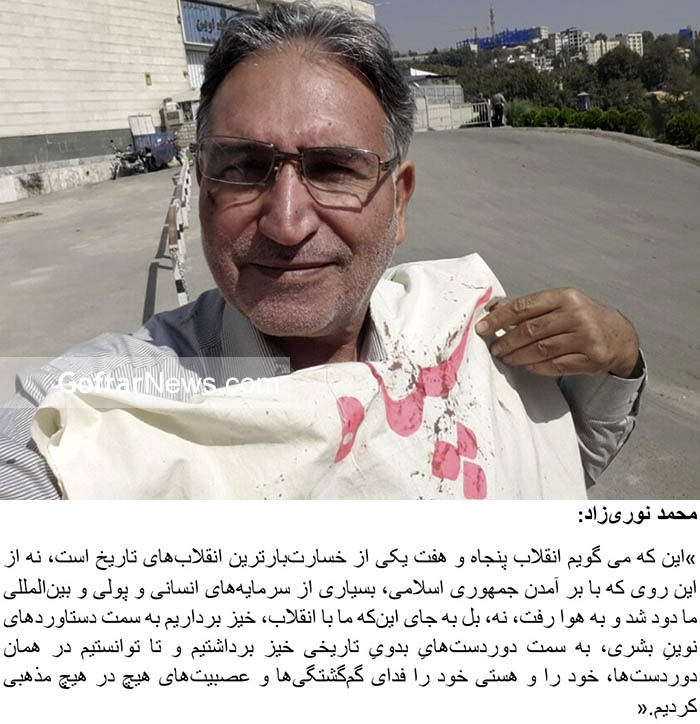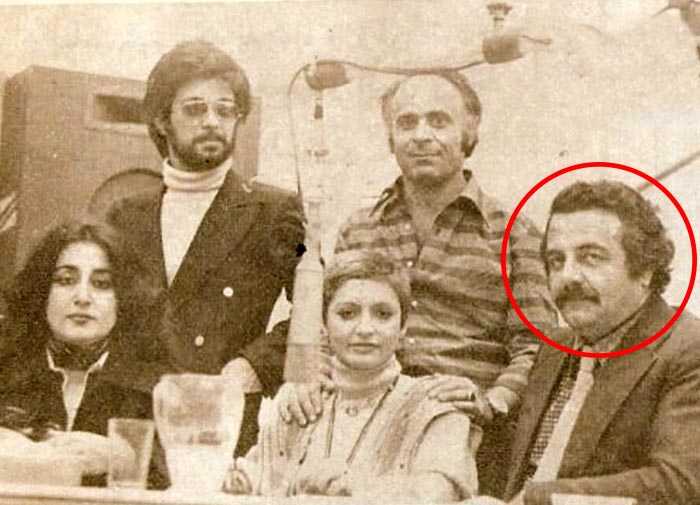1978 Revolution Revisited: Regrets of Former Revolutionaries
Mohammad Nourizad’s Bold Critique of 1978 Labeling the events of 1978 as one of the most damaging revolutions in history, Mohammad Nourizad offers a bold critique. He laments the loss of human, financial, and international capital with the rise of the Islamic Republic. Nourizad argues that, instead of progressing toward new achievements, the revolution propelled Iran backward, sacrificing advancements for a return to historical primitives.
Mohammad Nourizad’s bold critique serves as a catalyst for reevaluating the broader impact of the 1978 revolution. By emphasizing the loss of human, financial, and international capital, he challenges us to think critically about the true cost of revolutionary change. Nourizad’s perspective encourages a nuanced examination of the trade-offs inherent in pursuing societal transformation.
Conclusion:
As we reflect on the anniversary of 1978, the voices of regret from former revolutionaries provide a nuanced understanding of the complexities surrounding that pivotal year. These insights shed light on the challenges, misunderstandings, and unintended consequences that unfolded during the revolutionary period, offering valuable lessons for comprehending Iran’s historical trajectory.





